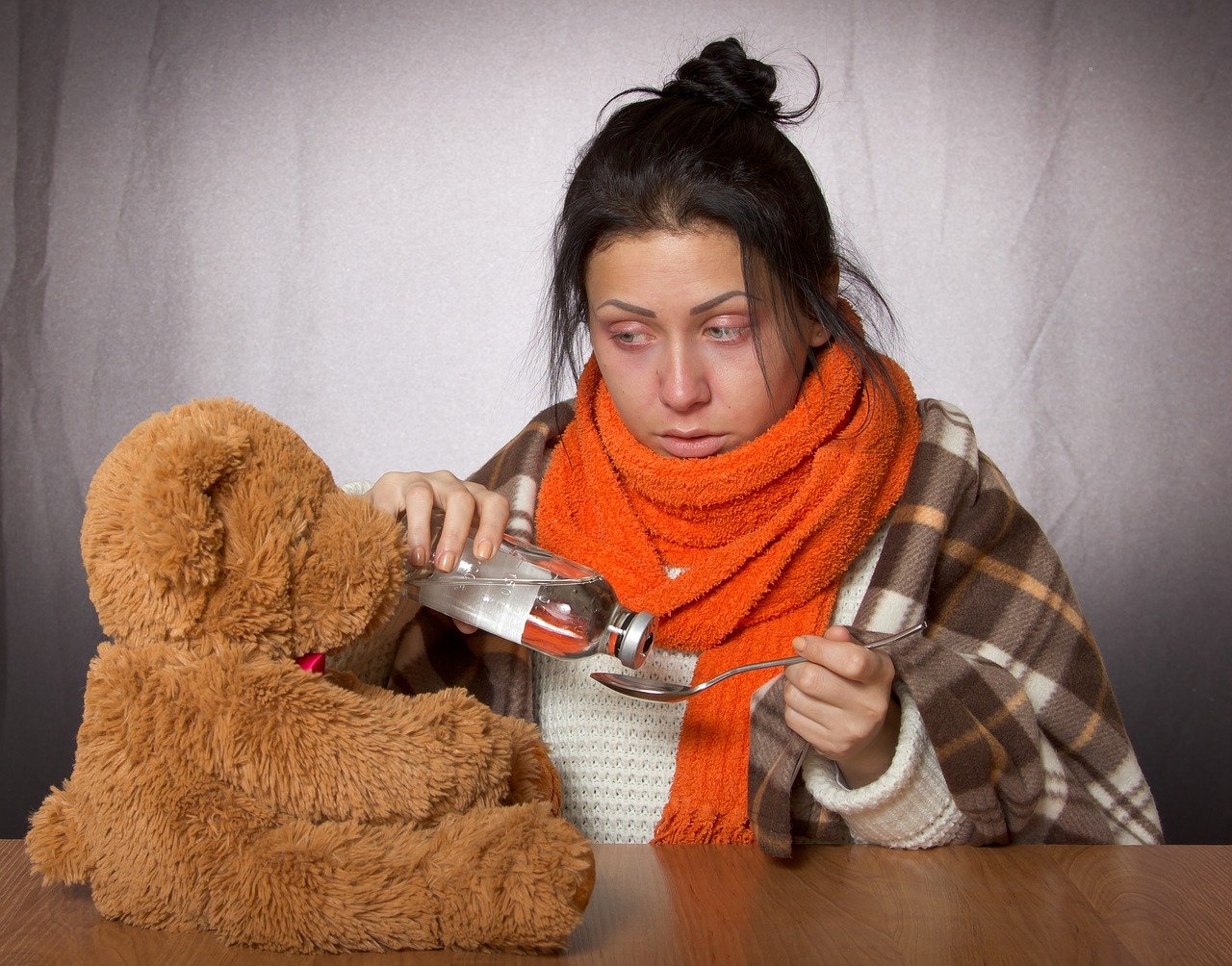It begins in October with the worst of it happening between December and February, a phenomenon that has been consistent for decades: Flu season. While peaks occur in the Fall and Winter, influenza activity can last until May.
Influenza commonly referred to as the flu is a contagious respiratory illness caused by influenza viruses. The viruses infect the throat, nose, and sometimes lungs. The illness ranges from mild to severe and for those who are considered “high risk” it can cause death. Common symptoms are fever, chills, cough, sore throat, runny or stuffy nose, body aches, headaches, and fatigue.
The flu is passed from person to person spread mostly through droplets that are made when we cough, sneeze, or talk. These droplets can spread as far as 6 feet from us and infect others when they are inhaled or when someone touches their mouth, nose, or eyes with contaminated hands. People are most contagious within the first 3 to 4 days after the illness begins and can sometimes pass on the illness as late as 5 to 7 days after symptoms begin.
So, what can you do to prevent catching it? There is no full-proof plan but there are precautions you can take that lower your risk. There is the annual flu shot which helps protect you from some strains and is especially vital for those at high risk of serious complications: young children, pregnant people, people with chronic health conditions and, the elderly. You can also take preventative actions every day like avoiding those that are sick and if you feel ill limiting your contact with others. It is also important to cover your nose and mouth when you sneeze and remember to wash your hands often for about 20 seconds with soap and water. You should also be mindful to not touch your eyes, nose, and mouth when out and about.
If you feel as though you may have the flu, there are steps you can take to improve your state. Firstly, the CDC suggests that if you have a fever that you stay away from others and stay home for at least 24 hours after it passes unless you need to get medical care or are taking care of other necessary to-dos. Also, there are antiviral drugs (not the same as antibiotics) that can be prescribed but are not available over the counter. These drugs work best within the first 2 days of getting sick but even after that period they can shorten the time one is sick and make symptoms milder.
For more information on Influenza visit the CDC’s page at https://www.cdc.gov/flu/about/index.html

